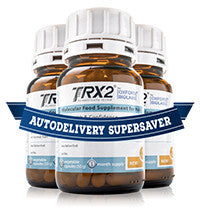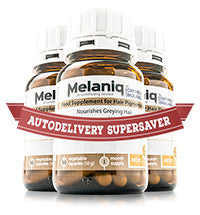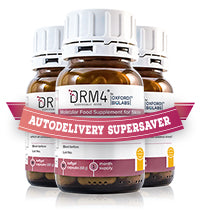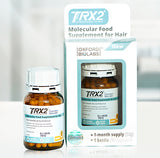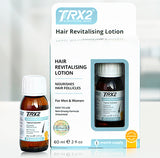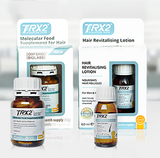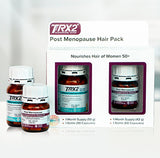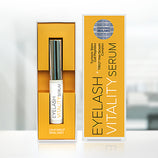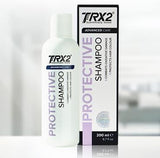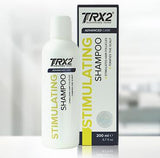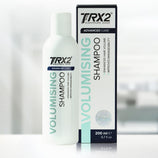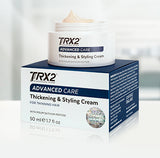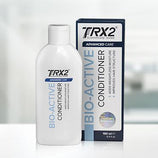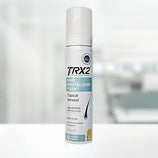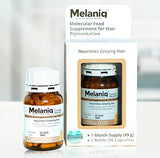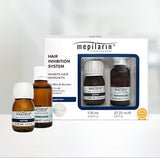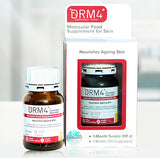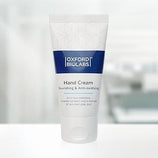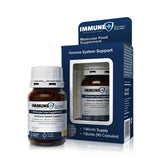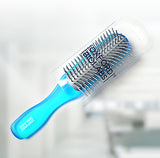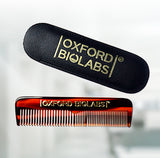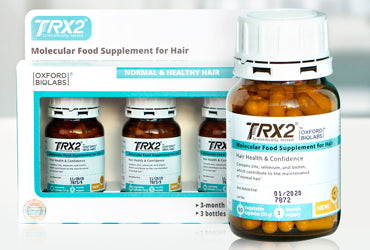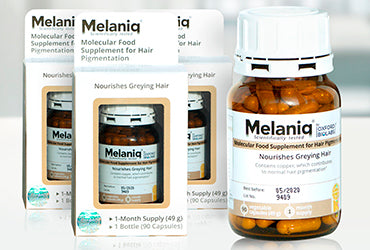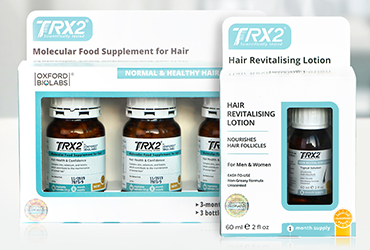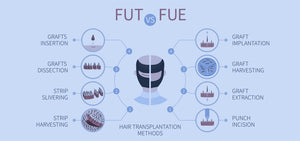Food supplements are everywhere. They come in all shapes, sizes and doses. Shelves in pharmacies and supermarkets are packed with tablets, capsules, soft-gels, and even supplements in liquid form. The flashy names and claims can be confusing and misleading, so let’s end the controversy here. What’s better, tablets or capsules?
Disadvantages of tablets
Tablets are usually compressed by heat and pressure to form a suitable dosage form. The main problems with tablets are the manufacturing process, which has the potential to destroy or deactivate vital nutrients, and the issue of tablets’ poor dissolving qualities. These factors, along with a higher incidence of gastrointestinal irritation, mean tablets aren’t the ideal choice.
Granted, they are cheaper to produce, and they generally have a longer shelf life, but large supplement tablets can be hard to swallow and will leave a bad taste in one’s mouth. To compensate, companies often resort to various coatings to make them more bearable, and this makes them a possible cause of increased allergic reactions.
Are tablets really harder to digest?
Evidence shows that this is the case.
Canadian researchers demonstrated that, of the 39 vitamin tablets they studied, 21 did not disintegrate within 20 minutes, and using United States Pharmacopeia (USP) disintegration conditions, 9 did not meet the requirements. The capsules that were included in the study all met the USP standards.
If the tablets don’t dissolve in the required time, this means that some of the ingredients go to waste because they are not absorbed properly.
What makes capsules better?
Capsules have their caveats (increased cost, shorter shelf life) and they can also be hard to swallow depending on the ingredients. But they make up for it with some major advantages because they are:
- Odourless
- Overall easier to swallow
- More palatable, with no harsh aftertaste
- Able to include unique combinations of ingredients
- Fast-dissolving, reaching the bloodstream quicker
- Less likely to cause gastrointestinal irritation
Gelatin capsules vs Vegetable capsules
TRX2® comes in a specific capsule form -
vegetable capsules . Compared to gelatin capsules, they’re just as effective, but do not include any
animal products , usually obtained from cows or pigs. Gelatin is neither kosher nor halal, and the fact that it may include both meat and dairy products makes it a no-no for vegans and people that may be allergic or intolerant.
The TRX2® advantage
Even though TRX2® is a dietary supplement, not a drug, its production methods are held to identical standards. The raw materials used in TRX2® products also receive individual Certificates of Analysis that affirm their composition. Additionally, the stability of
TRX2® Molecular Food Supplement for Hair capsules has been studied under a variety of conditions, using methods specified by the European Pharmacology Agencies.
Capsules are overall superior to tablets, and that’s why TRX2® was designed to be used in capsule form. Try the naturally-based solution that’s vegan-friendly and adheres to the highest standards of quality!
